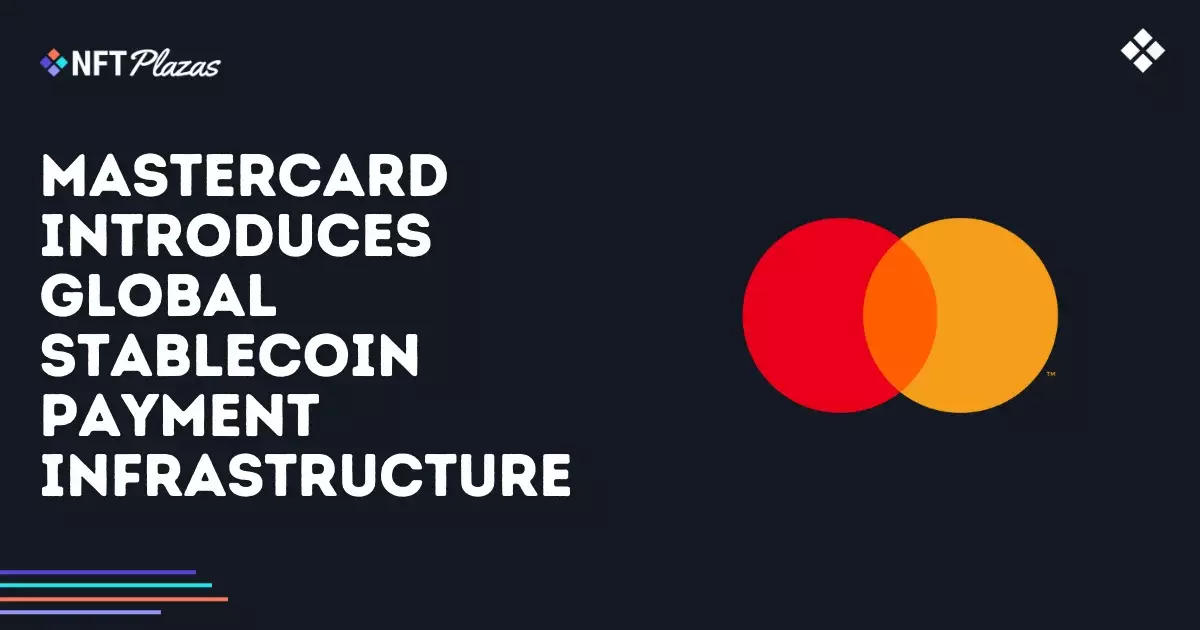Ubisoft’s recent launch of the Decentralized Verification Network (DVN) marks a significant milestone in the ever-evolving NFT landscape, aiming to bridge the gap between diverse blockchain networks. This venture isn’t just a tech upgrade; it’s a bold assertion of Ubisoft’s commitment to revolutionizing the gaming industry. However, one must wonder: is this ambitious leap a harbinger of true innovation, or a precarious gamble fraught with uncertainties?
The DVN is designed to facilitate the flow of digital assets—an endeavor that raises questions about the complexity of ownership and interoperability. Enabling items like in-game collectibles to traverse over 130 blockchains, including giants like Ethereum and Solana, Ubisoft positions itself at the forefront of gaming technology. While this adaptability heralds a new age of asset portability, it simultaneously risks diluting the notion of ownership in digital realms. How can players be assured of their investments when assets can shift between various blockchain standards, each with its own protocols and intricacies?
Innovative Flexibility or Chaos in Verification?
One of the most striking features of the DVN is its permissionless nature, allowing any entity to create a verification network tailored to their security needs. On the surface, this customization appears to be a revolutionary approach that could empower developers. However, it brings with it a concerning potential for chaos. How will developers navigate the myriad verification methods? The risk of fragmentation may lead to a balkanized landscape of digital assets, where players struggle to maintain coherent ownership across platforms.
Ubisoft’s historical flirtation with blockchain technology adds another layer of intrigue. From its initial foray into NFTs with Ghost Recon: Breakpoint on the Tezos blockchain to multiple projects across other networks, the company has taken both bold steps and cautious sidesteps. The question remains: how will the DVN integrate with their evolving blockchain portfolio? As Ubisoft gears up for its upcoming title, Might & Magic: Fates, the decision to incorporate DVN could be critical. Will they choose the path of innovation or will fear of the unknown hold them back?
The Future of Gaming Identity
The essence of digital ownership lies in the player’s identity and connection to their virtual assets. The more complex the environment, the more challenging it becomes for players to establish and maintain their digital personas. With Ubisoft’s DVN, could we be witnessing the crux of a burgeoning identity crisis within gaming? Or rather, a renaissance where players are liberated from traditional constraints?
While the notion of a decentralized verification model opens the door to limitless possibilities, it demands a robust framework of accountability and user education. The gaming community, particularly in the realm of NFTs, has a reputation for being skeptical. Will the DVN address these concerns comprehensively enough to convert skeptics into believers?
Ubisoft’s foray into this cross-platform digital realm is undoubtedly ambitious. Yet, with great power comes significant responsibility—a balance that remains to be seen. The next few years will not only question the viability of blockchain in gaming, but also the company’s ability to lead this digital revolution without jeopardizing the essence of player ownership.


Leave a Reply